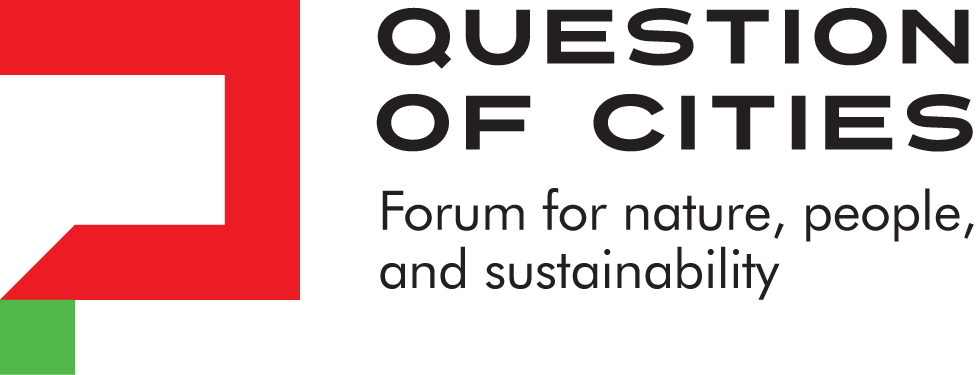Global Gender Gap Report 2022
Summary
The annual report from the World Economic Forum, in its 16th edition this year, lays down how the global gender gap in post-pandemic economies is a worrying sign. The progress towards gender parity stalled amid the multi-layered and compounded crises since the pandemic: the rising cost of living, climate emergency, wide unemployment, and large-scale conflict and displacement have affected more women than men. Not only are millions of women and girls losing out on access and opportunity at present, this halt in progress towards parity is a catastrophe for the future of our economies, societies and communities. The report’s Global Gender Gap Index ranks countries on scores across four main themes – economic participation and opportunity, educational attainment, health and survival, and political empowerment.
In 2022, the global gender gap closed at 68.1 per cent and at the current rate of progress, it would take 132 years to reach full parity. The findings from this year’s report represent a slight four-year improvement compared to the 2021 estimate (136 years to parity). However, this number does not compensate for the generational loss which occurred between 2020 and 2022. According to trends leading up to 2020, the gender gap was set to close within 100 years. The report suggests that of the 146 economies surveyed, just one in five has managed to close the gender gap by at least 1 per cent in the past year. While the political aspect continues to be a cause for concern, the gender gap in the workforce was “a looming crisis”, according to the report; the gender parity in the labour force stands at 62.9 per cent, the lowest since the index was first compiled.
India ranked at 135 in the gender gap index, that is 12th from the bottom out of 146 countries. The country’s rankings on individual parameters are 143 on economic participation and opportunity, 107 on educational attainment, 146 on health and survival and 48 on political empowerment, all suggestive of deep and hard work to be done for gender parity.
